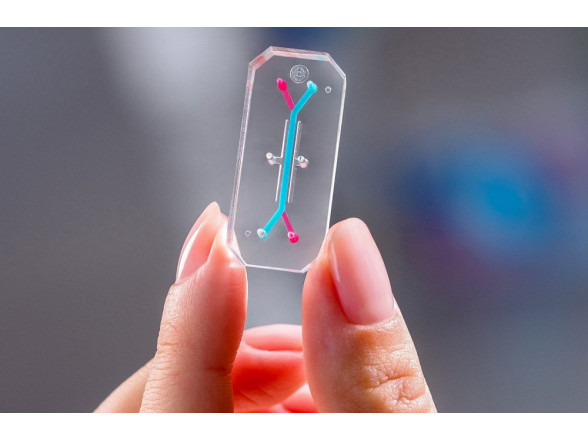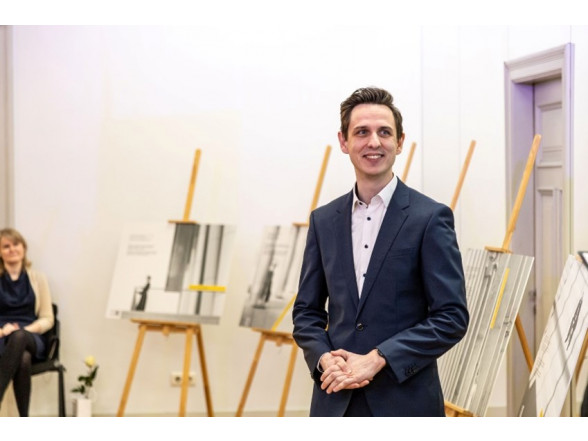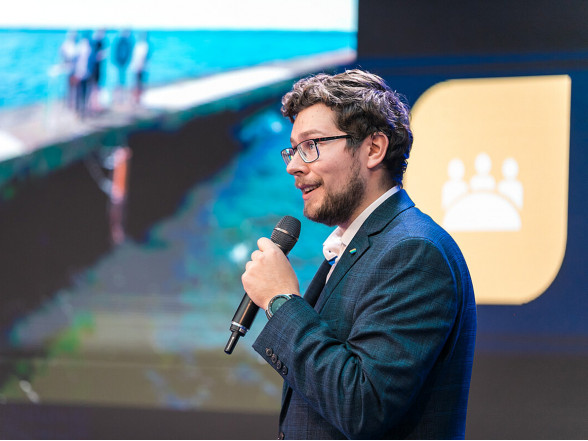Leading researcher from ISSP UL’s Laboratory of Prototyping of Electronic and Photonic Devices, Roberts Rimša and leading researcher from the Latvian Biomedical Research and Study Center (BMC) Artūrs Ābols participated in the radio program “Zinātnes Vārdā” broadcasted on Radio NABA and told about the research carried out in collaboration between both institutions on organs-on-chips. On the program, the scientists explained what organs-on-chips are, why they are necessary, and what the history of such research is.
An organ-on-a-chip (OOC) is a multi-channel 3-D microfluidic cell culture chip that simulates the activities, mechanics and physiological response of entire organs and organ systems, a type of artificial organ. Organs that have been simulated by microfluidic devices in the research of the scientists from ISSP UL and BMC include lung and gut.
The lung-on-a-chip was used in the research of vaccine candidate, development of new small molecule drug leader compounds, and re-profiling of the existing drugs to reduce Covid-19 and its complications within the scope of the project of “Mitigation of Covid-19 effects” implemented by BMC, ISSP UL, Latvian Institute of Organic Synthesis, Riga Technical University, and the University of Latvia. ISSP UL in collaboration with the BMC developed the lung-on-chip device, which allowed to study SARS-CoV-2 infection processes. The device was fabricated from PDMS and protocols were developed to fabricate the devices from alternative materials.
The Laboratory of Prototyping of Electronic and Photonic Devices was established within the scope and with the support of CAMART2 project and now has proved to be a successful interdisciplinary and international laboratory. One of the main aims of CAMART2 and the ISSP UL’s ultimate goal was to develop its multidisciplinary scientific strength and attract new passionate scientists. It is carried out by recruiting researchers from other institutions and countries, as well as by welcoming diaspora scientists, who have been pursuing their scientific interests in other countries, back to Latvia.
The program "Zinātnes vārdā" informs its audience about research, experiments and new discoveries of Latvian scientists. It provides an insight in what Latvian scientists from different fields do; it talks about the work, achievements and problems in a way that is appealing to general audience.
The program in Latvian available https://naba.lsm.lv/lv/raksts/zinatnes-varda/organs-uz-cipa.a144705/?fbclid=IwAR2nerAp4givuLTz6hsMHQdPhBcz4nBf5FtA2vubZgArgJLBLCDUAZCXp9E



